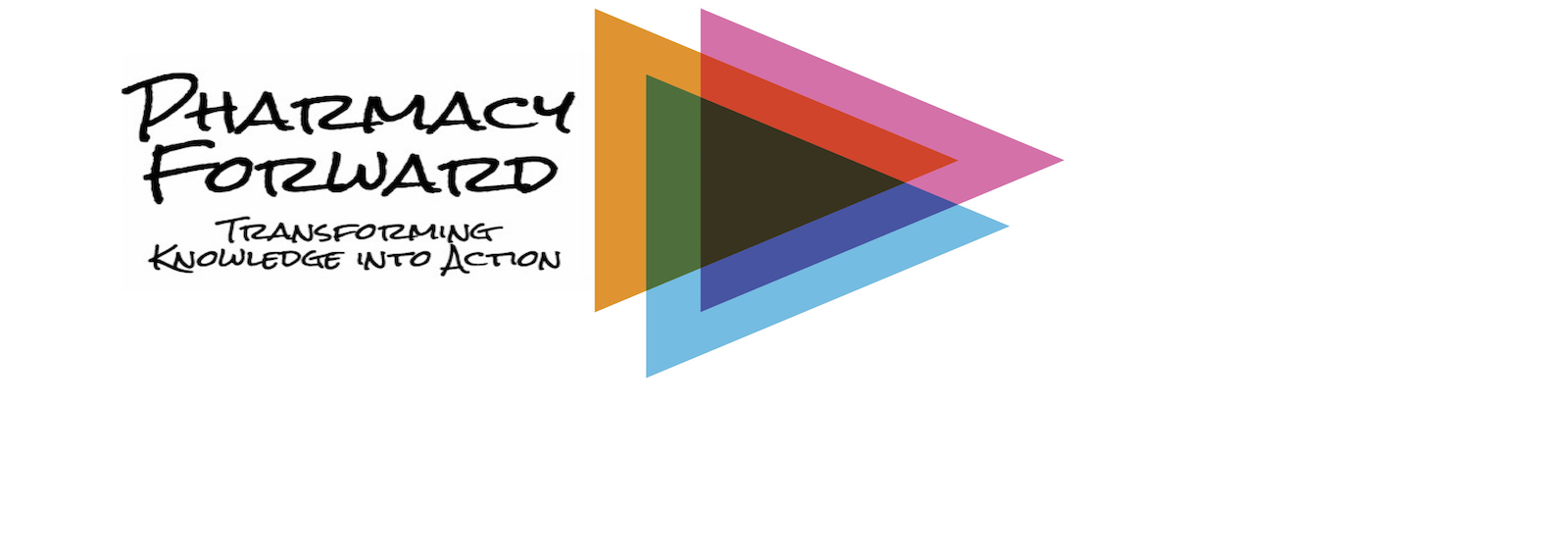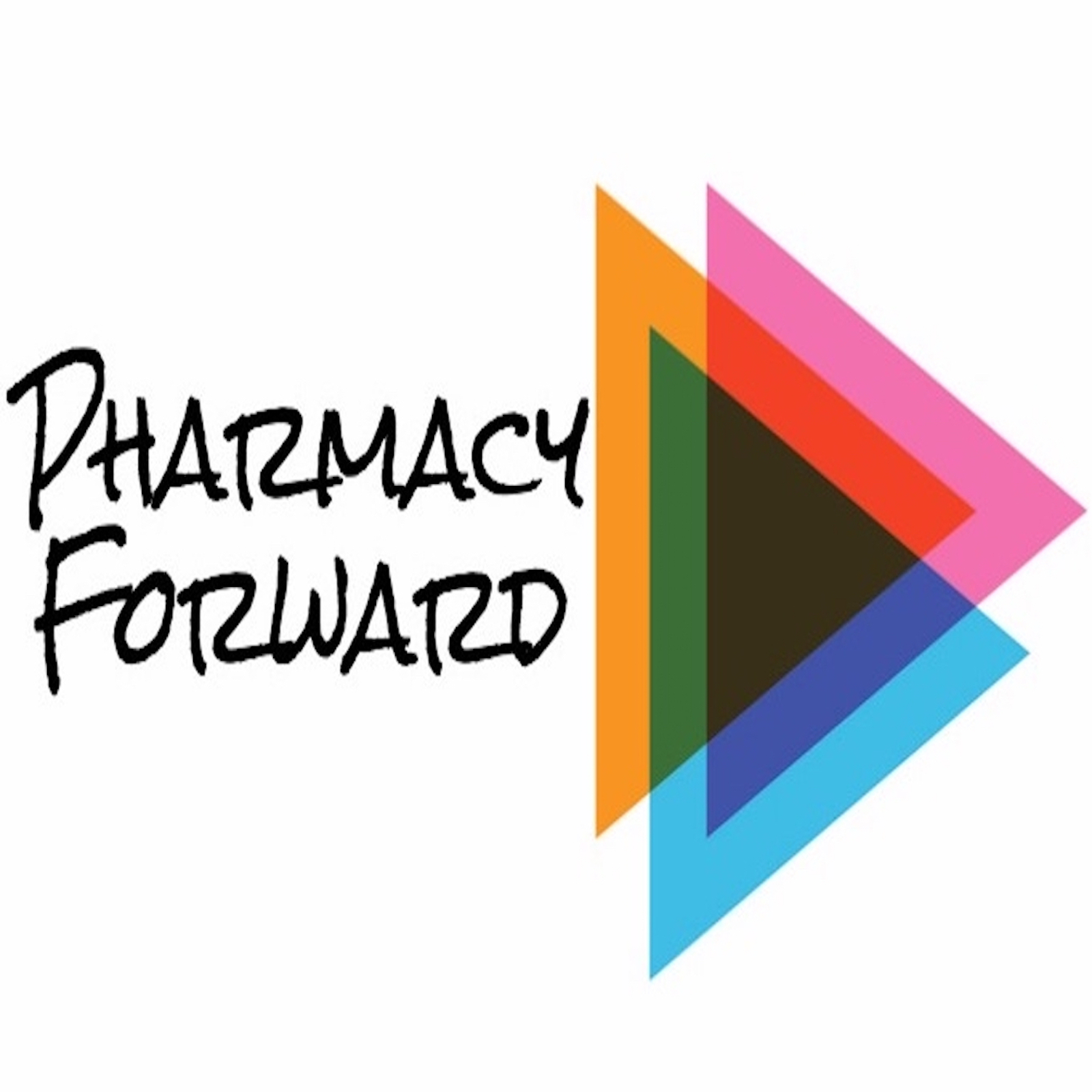Episodes

Wednesday May 15, 2019
Credentialing & Privileging (III)
Wednesday May 15, 2019
Wednesday May 15, 2019
Brandon Shank, PharmD, BCOP - Clinical Pharmacy Specialist at the University of Texas MD Anderson Cancer Center - talks to us about credentialing & privileging from a front-line clinician's point of view.
Key Lessons:
- Building rapport and trust with your team is an essential first step from which clinical privileges follow.
- State laws vary. Some authorize privileging of pharmacists at the institutional level.
- Obtaining and maintaining clinical privileges requires additional training ... and paperwork.
- Pharmacists have a unique understanding of the dosing and available dosage forms of drugs - this brings value to the patient care team.
- Privileging pharmacists to take on advanced clinical responsibilities can increase team efficiency and effectiveness.

Tuesday Apr 16, 2019
Credentialing & Privileging (II)
Tuesday Apr 16, 2019
Tuesday Apr 16, 2019
Julie Groppi, PharmD - National Program Manager, Clinical Pharmacy Practice Policy and Standards, Department of Veteran's Affairs and Todd Nesbit, PharmD, MBA - Director of Pharmacy Patient Care Services, the Johns Hopkins Hospital - discuss the credentialing and privileging of pharmacists.
Key Lessons
- Credentialing is the process of verifying someone education, training, certifications, and experience.
- Privileging is the process of determining an appropriate scope of practice based on the practitioner's credentials and granting authority to carry out specific patient care services/decisions.
- All health systems should credential the pharmacists they employ.
- Pharmacists can be privileged to initiate, modify, continue, or discontinue medication therapies as well as order tests and referrals as needed to achieve treatment goals.
- A pharmacist's privileges may be restricted to specific drugs and disease (e.g. collaboratory drug therapy management agreement) or may be service-specific (e.g. all patients enrolled in or assigned to a specific clinical service unit).
- The credentials necessary to be privileged to carry out advanced patient care services typically include residency training and board certification.

Wednesday Mar 13, 2019
Credentialing & Privileging (I)
Wednesday Mar 13, 2019
Wednesday Mar 13, 2019
Joseph Saseen, Pharm.D., BCPS, BCACP, CLS - Professor of Clinical Pharmacy and Family Medicine, University of Colorado Skaggs School of Pharmacy and Pharmaceutical Sciences - discusses the various credentials pharmacists can earn following graduation and licensure.
Key Lessons
- Credentials include degrees, licensure, post-graduate training, and board certification.
- Earning a certificate is not synonymous with becoming board certified.
- Board certification requires candidates to meet specific eligibility criteria and pass a comprehensive examination to validate the breadth and depth of knowledge in the area of specialization.
- Board certification can give pharmacists a competitive advantage for employment and open doors to new opportunities.
- Candidates should consider preparing for a board certification exam either through a formal, structured program or forming a study group ... or both.
- Obtaining advanced credentials is ultimately about improving the quality of care pharmacists provide to patients.

